Top 10 Tips to Keep Lake George Water Clear & Clean
Whether you're a local resident or just visiting, you can help keep Lake George clean, clear, and beautiful! Learn about why Lake George is a clean lake below, and how you can help keep it that way, thanks to top tops from the Lake George Association (LGA).
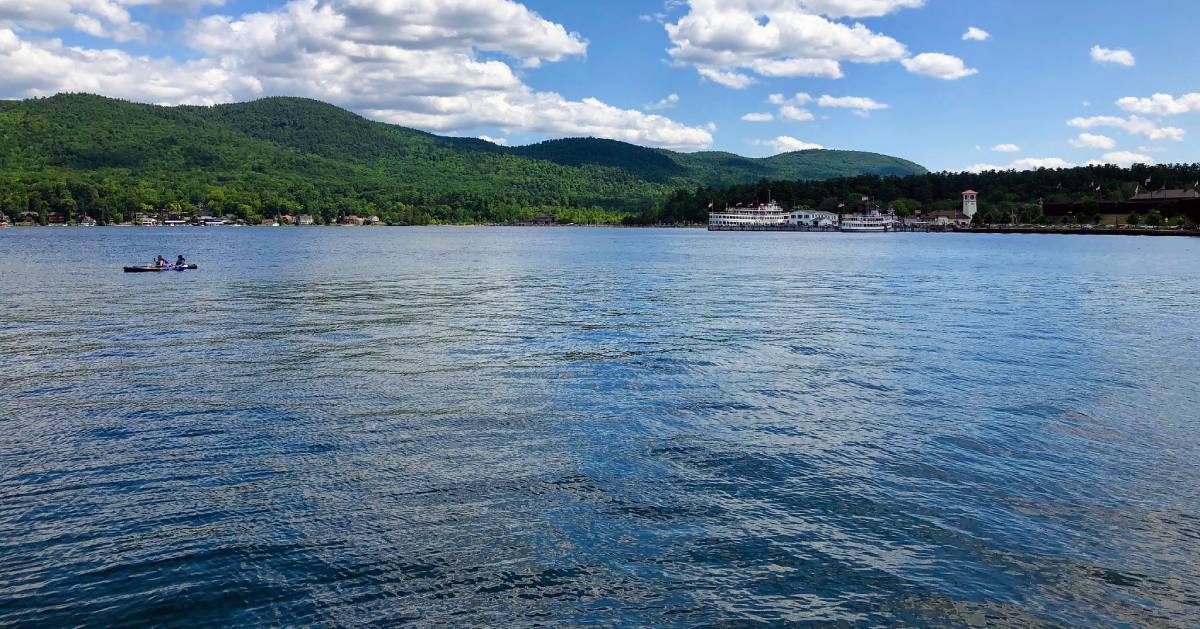
Lake George Is Crystal Clear & Clean - But Why?
Lake George is continually recognized for its clean, clear waters. But why? What makes the Lake George water more special than other lakes?
According to the LGA, the mountains that surround Lake George create a small watershed with steep slopes. This forested watershed doesn't produce much pollution, and that helps keep the water clean and clear.
Ongoing efforts to keep the lake clean have had favorable results. The LGA along with the Town of Bolton Landing have worked in recent years to study a new bioreactor that uses woodchips to clean water coming into the lake via tributaries. The bioreactor system works to remove nitrates, which can lead to harmful algae growth.
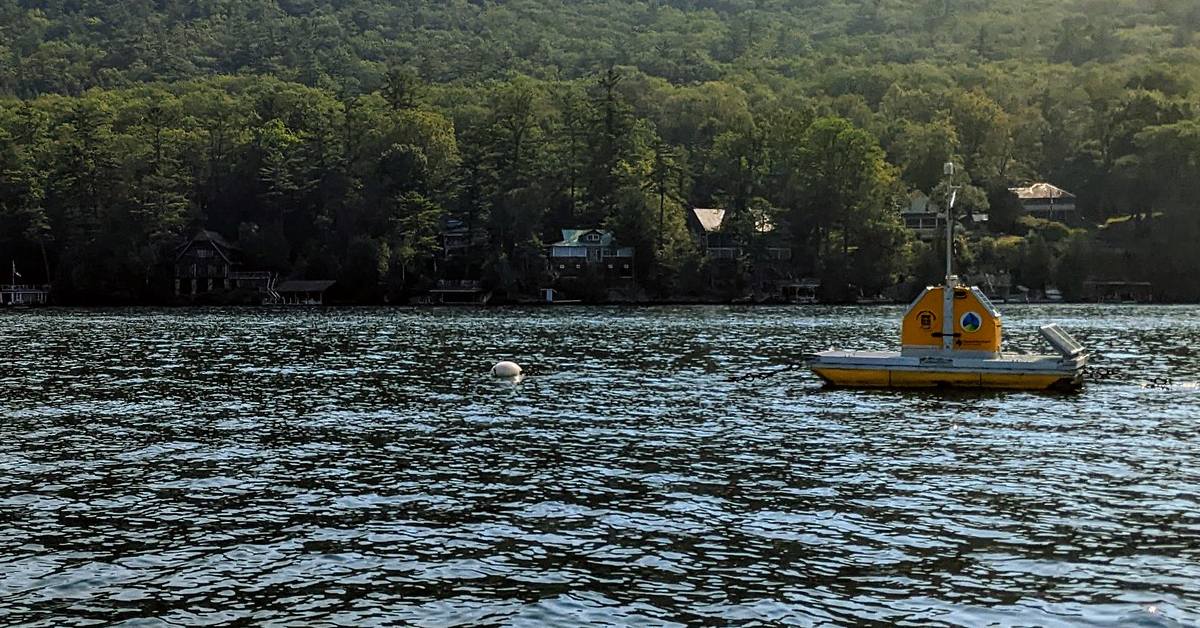
In addition, the Jefferson Project of Lake George has conducted long-term monitoring of the water quality to understand how the lake has been changing over time. If you see what looks like a small yellow boat on Lake George as pictured above, that's the Jefferson Project.
Top 10 Tips for Lake Protection From the LGA
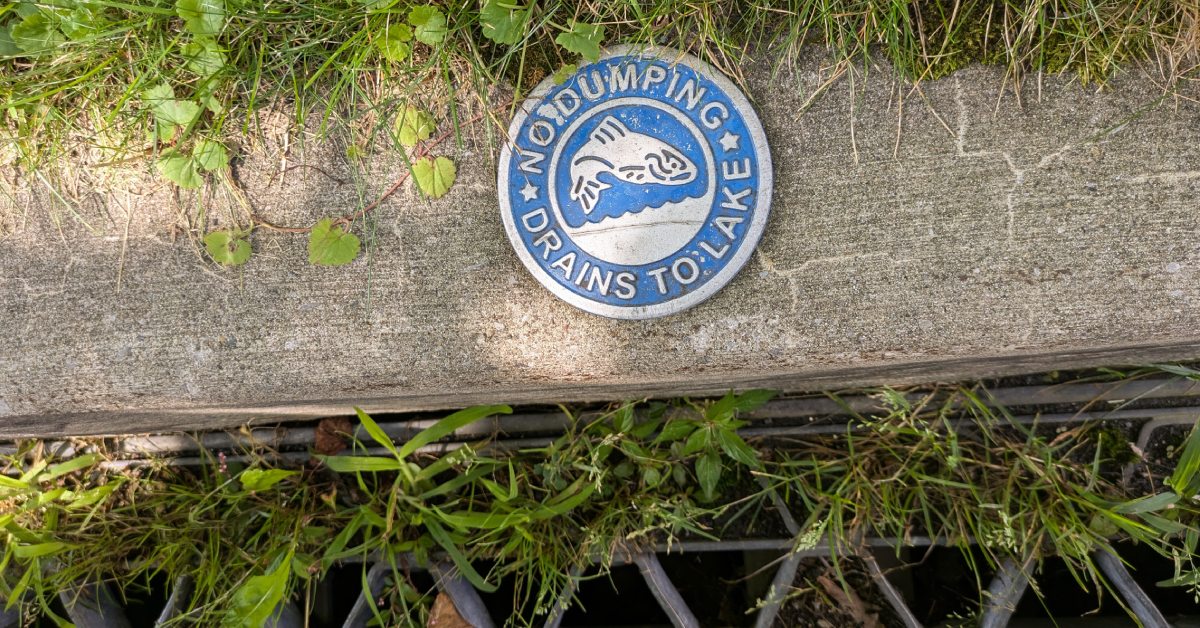
1) Reduce the Stormwater Entering the Lake
Keep hard surfaces (parking lots, driveways, rooftops) at a minimum, and use permeable pavement, rain gardens, catch basins, and native plants to infiltrate stormwater into the ground before it can flow into the lake.
Report runoff, erosion, and clogged storm drain problems to the LGA when you see them.
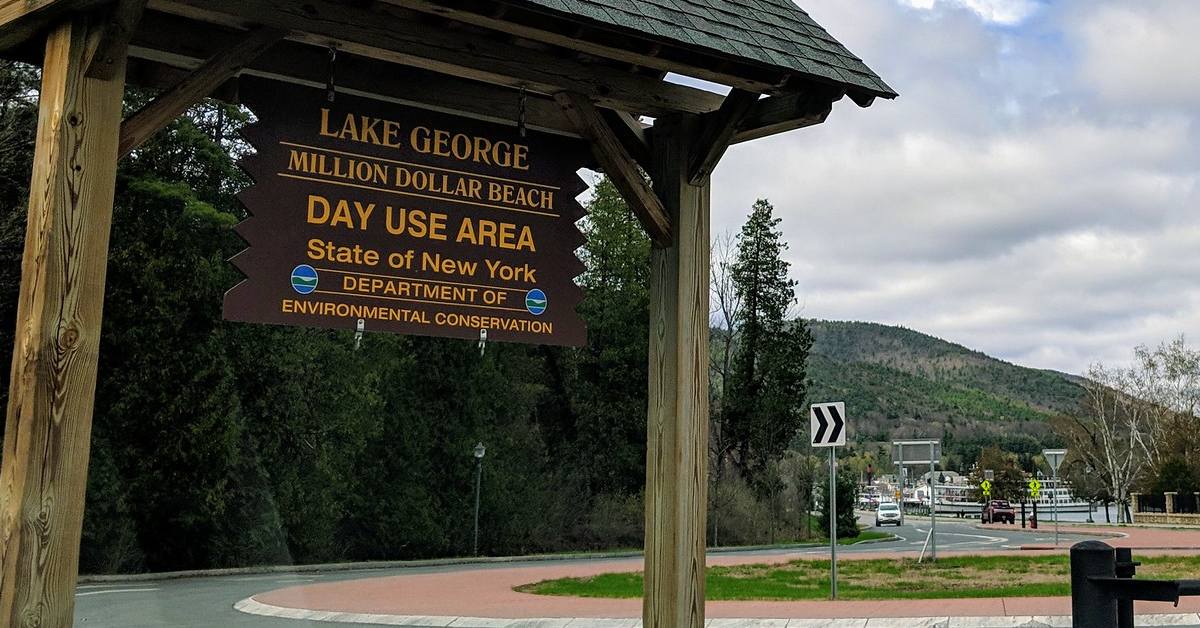
2) Abide by Mandatory Boat Inspections
Vessel inspection technicians must inspect every trailered boat before entry into the water and decontaminate the vessel, if necessary.
Once the boat has been inspected, it will receive the vessel inspection control seal (VICS).
No boat will be allowed to launch without an intact VICS Seal.
There are several boat inspection sites around the lake, including at Million Dollar Beach.
Read more about boating rules and regulations »
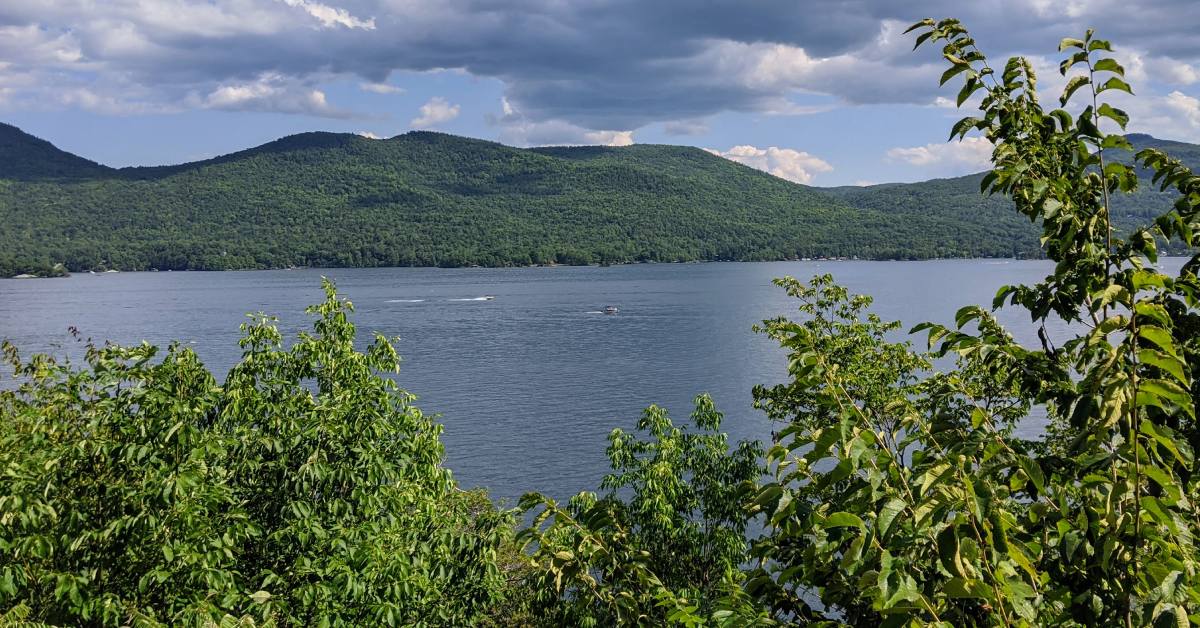
3) Plant Vegetative Buffers & Preserve Trees
When landscaping in Lake George, preserve trees and native plants, and establish vegetative buffers. They benefit Lake George's water quality and overall health by doing the following:
- Providing food and shelter for local wildlife
- Stabilizing soil and reducing erosion
- Filter pollutants and sediments
- Absorbing nutrients
- Deterring nuisance species
- Keeping water cool
Learn more about vegetative buffers »
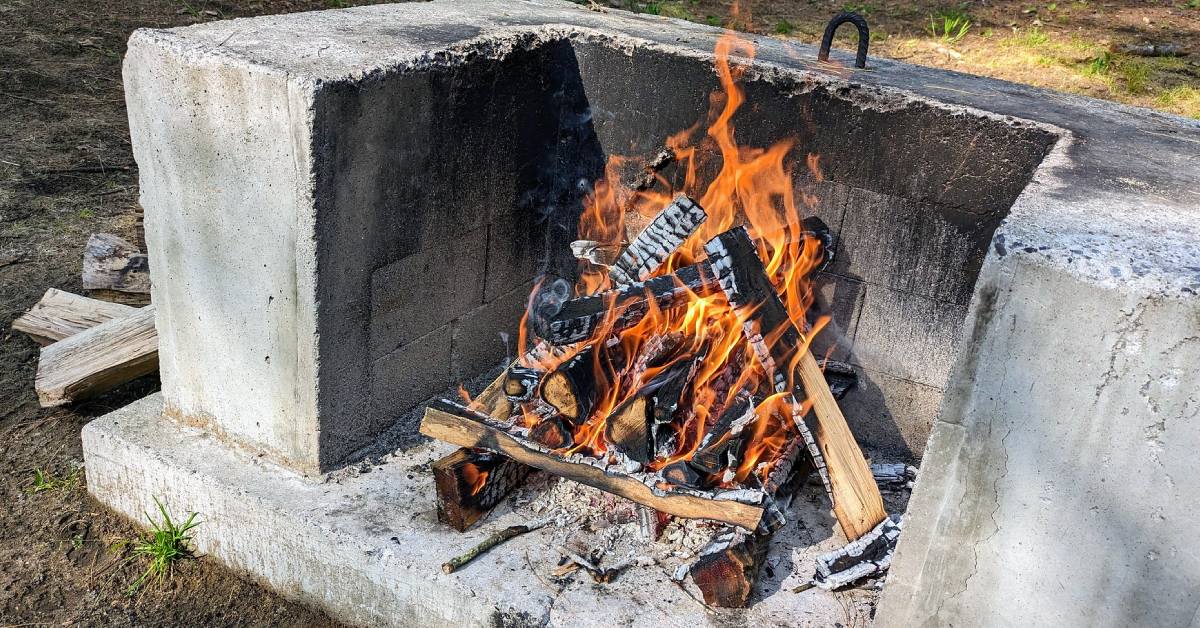
4) Buy Firewood Locally
Always purchase firewood locally. It is illegal in New York State to transport firewood more than 50 miles from its source. Destructive invasive insects are traveling via firewood and killing millions of trees in our state.
Trees are vital to keeping our lake clean and beautiful. When buying from a local vendor, ask for a receipt or label that has the firewood's local source.
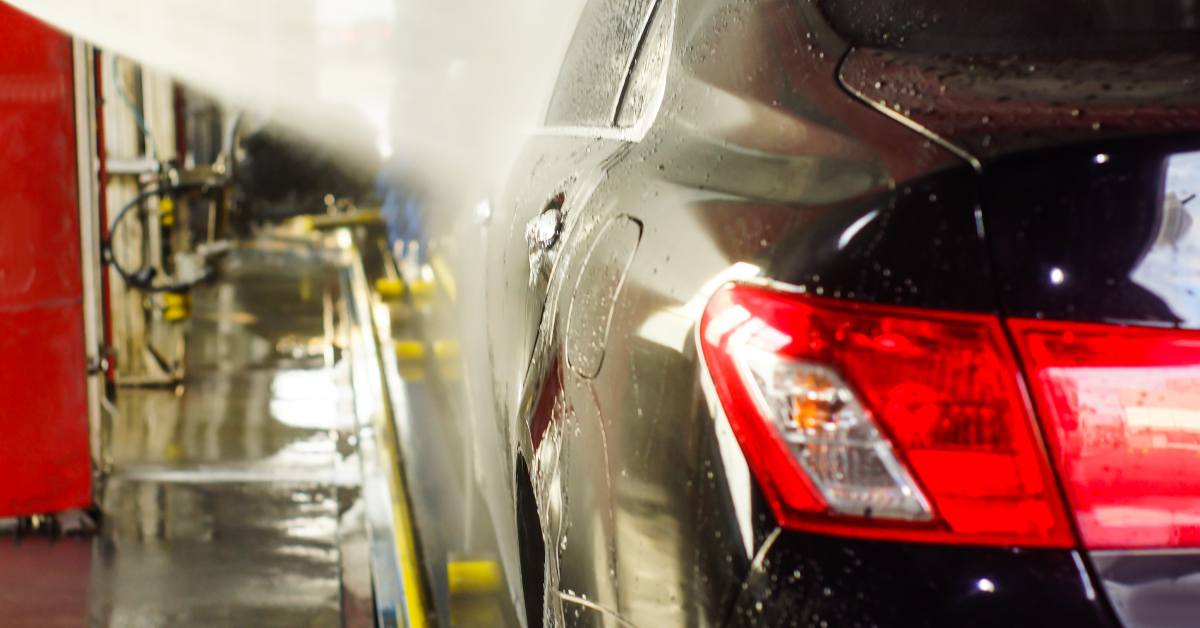
5) Be Smart With Chemicals
Don't fertilize with phosphorus - it feeds plant growth and algae in the lake, and it is illegal in the Town and Village of Lake George.
Use pesticides sparingly and consider natural alternatives, like more native plants in your garden. Don't flush pharmaceuticals or hazardous household wastes down the sink or toilet.
If possible, take cars to a car wash. Don't wash cars or boats where soap can enter a Lake George storm drain - the soap will flow directly into the lake.
Use biodegradable soap without phosphorus. Don't put anything down a storm drain because they all lead to the lake!
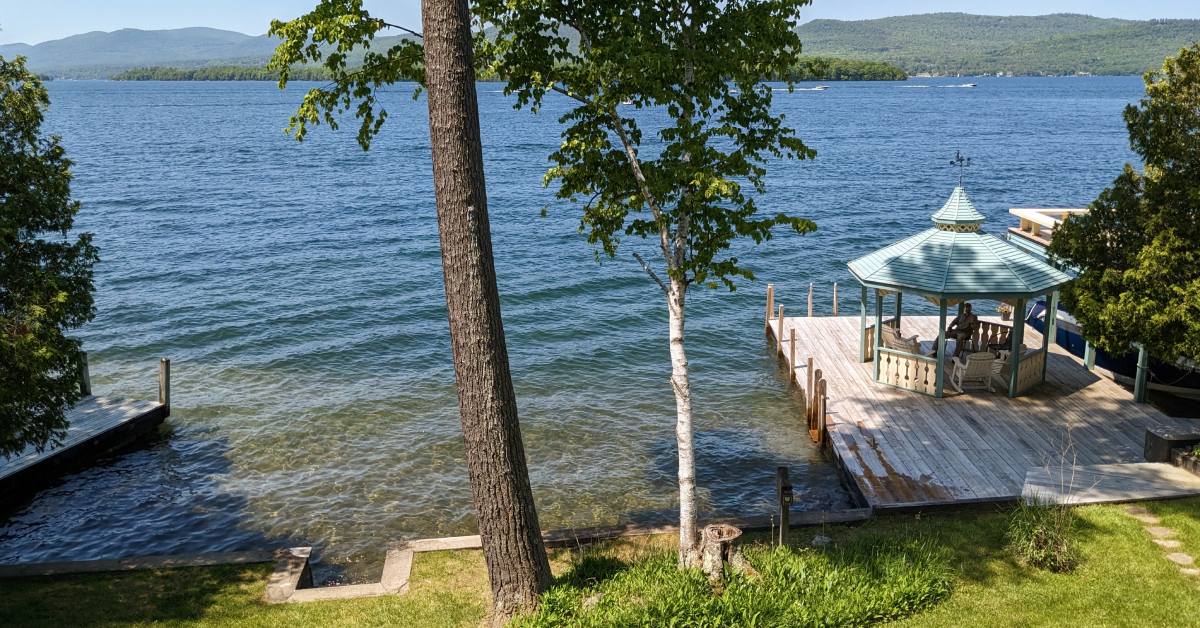
6) Keep Leaves, Grass & Debris Out of the Lake
Too many leaves, debris, and grass clippings in the lake can reduce the oxygen levels, making it more difficult for fish and aquatic animals to live.
Rake it all away from the lake, streams, storm drains, and streets, and if possible, compost it.
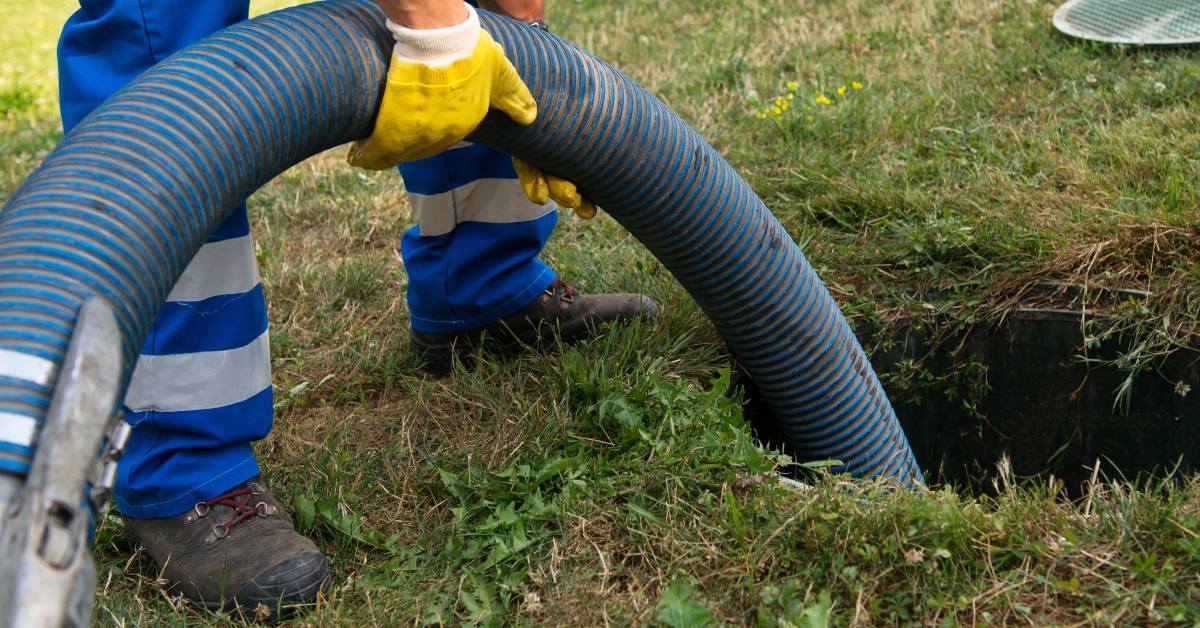
7) Be Kind to Septic Systems
Inspect and pump septic systems regularly. Reduce the risk of septic system failure by using as little water as possible. Don't do multiple loads of laundry all in one day - spread it out instead.
Don't drain a hot tub or pool into your tank or over your drain field. Don't clog pipes with diapers, coffee grounds, feminine hygiene products, paper towels, or grease and fat from cooking. Avoid frequent use of a garbage disposal.
See how to best maintain your septic system »
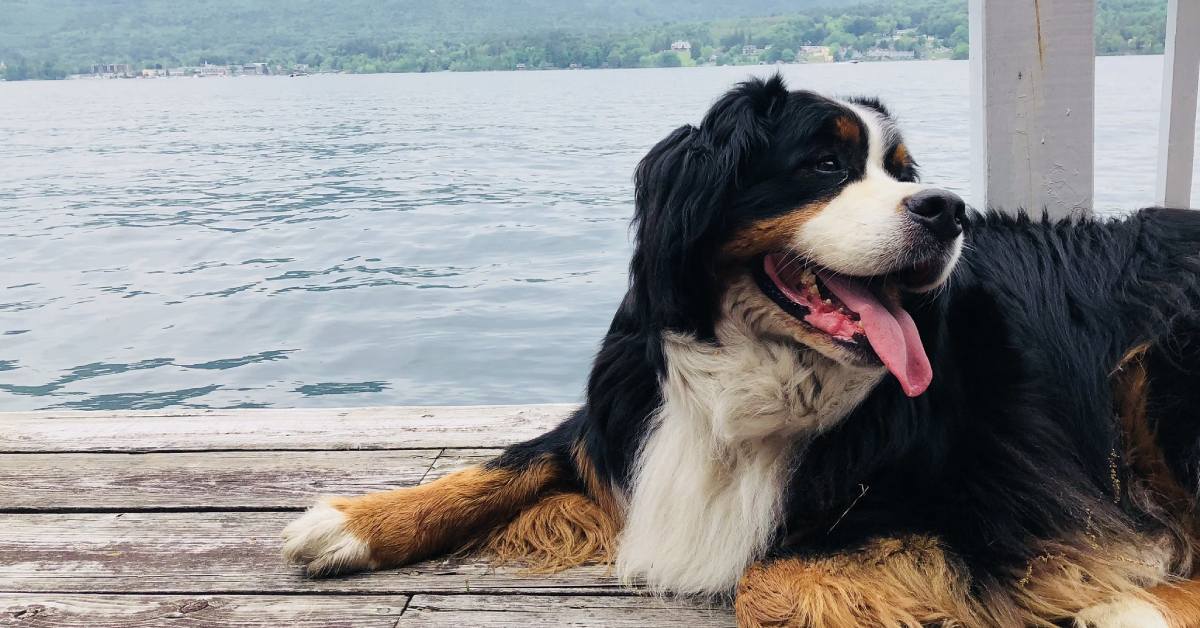
8) Don't Litter & Clean Up After Your Dog
Dog waste should be flushed down the toilet (ideally), put in the trash, or buried in your own yard. Dog feces can contain coliform bacteria, hookworms, roundworms, tapeworms, and more.
This bacteria and potential parasites can stick around the soil for years, making its way into the lake and affecting wildlife.
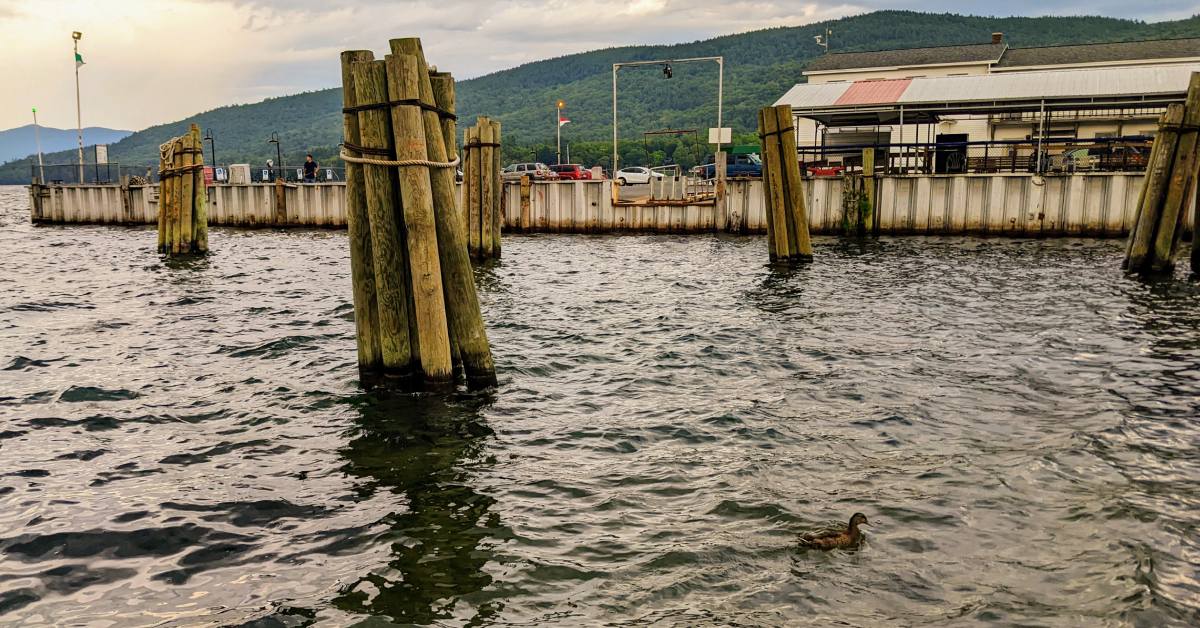
9) Don't Feed Ducks or Geese
Feeding birds causes them to unnaturally concentrate in large numbers close to people. Artificial food is bad for the birds' health. Waterfowl droppings can result in water-quality problems such as summer algal blooms.
And where waterfowl congregate to feed, E-coli counts can swell to levels that make the water unsuitable for swimming.
Read more on why feeding ducks & other nuisance species can damage the lake »
10) Stay Informed
Become a member of the LGA, go out on their Floating Classroom, come to LGA events, follow them on Facebook, and otherwise keep apprised of what's going on with the lake so you can help to protect it!
Learn more about the Lake George Association »
